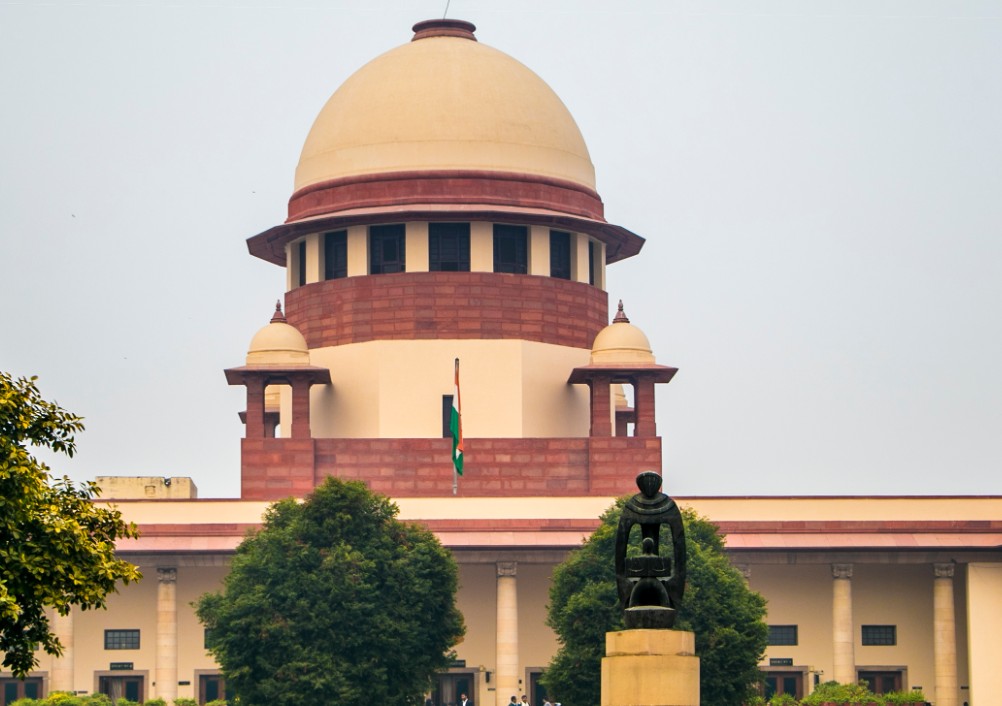Intention to abet suicide cannot be assumed, it has to be evident: Supreme Court

New Delhi, October 2: The intention to abet suicide cannot be assumed and it needs to be backed by solid, visible proof, the Supreme Court held in a judgment.
A three-judge Bench of Justices N.V. Ramana, Surya Kant and Hrishikesh Roy said every crime should be backed by a “state of mind” or mens rea or intention, The Hindu reported.
The police have to establish that an accused wanted to abet the suicide. ‘Abetment’ is defined in Section 107 of the Indian Penal Code (IPC). Its ingredients consist of instigating a person or to intentionally aid a person to do or not do something.
Similarly, the crime of ‘abetment of suicide’ under Section 306 of the IPC involves instigating or actively aiding a person to take his own life. Abetting a person to commit suicide should be intentional, deliberate and calculated, it said.
The police cannot assume the intention (mens rea) of the abettor of a suicide. It has to be evident, it held.
“In order to prove mens rea, there has to be something on record to establish or show that the appellant herein had a guilty mind and in furtherance of that state of mind, abetted the suicide of the deceased. The ingredient of mens rea cannot be assumed to be ostensibly present but has to be visible and conspicuous”, Justice Roy, who authored the judgment, said.
The judgment came on an appeal filed by Gurcharan Singh, who was convicted of abetting the suicide of his wife 22 years ago in Punjab.
The trial court found him guilty, saying the woman was pushed into taking her own life when her hopes of a happy relationship was dashed by his “wilful neglect”. There was, however, no direct evidence of any cruelty on his part towards her. The trial court had even acquitted the man of dowry harassment charges.
The High Court agreed with the trial court, saying the death was a cause of the “circumstances and the atmosphere” at home.
In his appeal before the Supreme Court, Singh argued about the complete lack of evidence to show that he had instigated or intentionally aided his wife to take her own life. There was no clarity about “which particular hope or expectation” of hers was frustrated by him. There was no proof that he wilfully neglected her, he said.
Setting aside his conviction, the apex court said it cannot make conjectures about why a young woman with two small children chose to take her own life.
Sign up for our weekly newsletter to stay up to date on our product, events featured blog, special offer and all of the exciting things that take place here at Legitquest.




Add a Comment